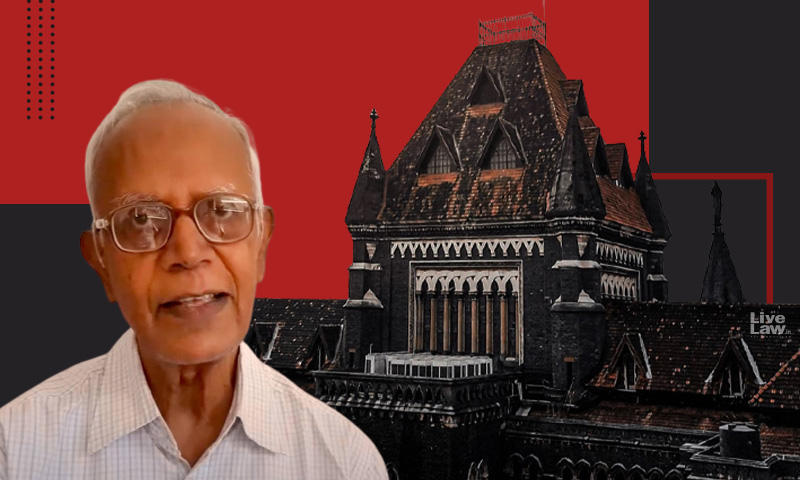Father Stan Swamy Has Right To Have His Name Cleared : Jesuits Approach Bombay High Court
Sharmeen Hakim
19 Aug 2021 10:06 AM IST

The petitioners state that the Special NIA Court’s observations while refusing bail to Stan Swamy amount to preliminary findings of guilt, which the High Court can set aside.
Next Story


